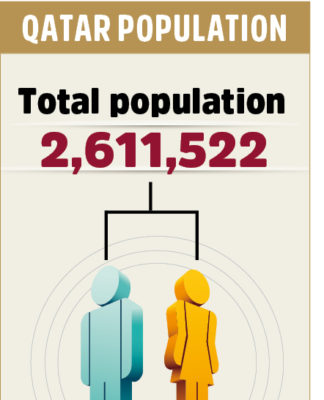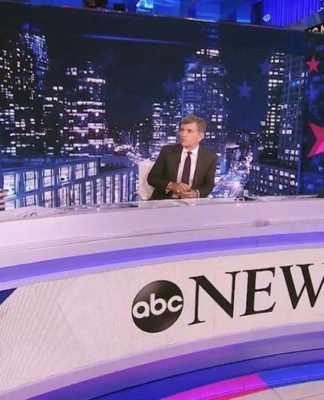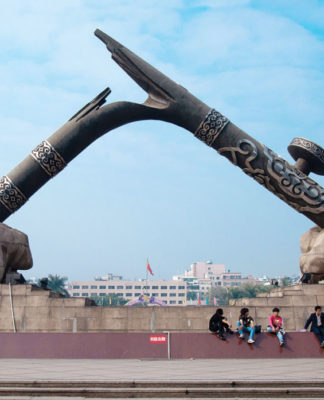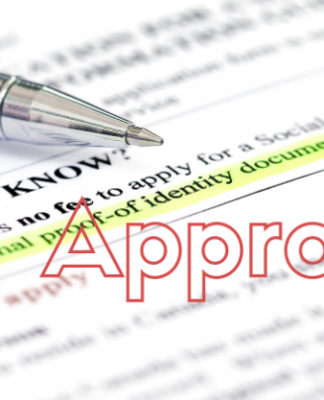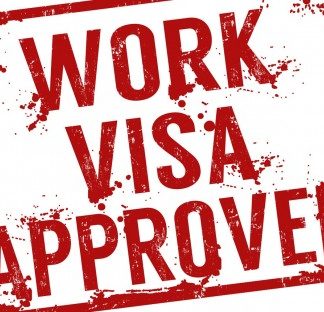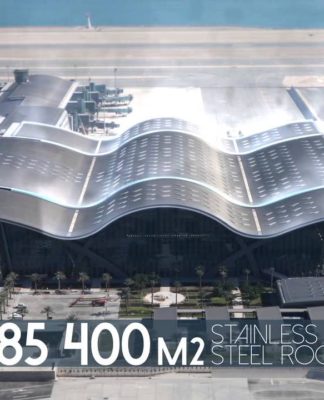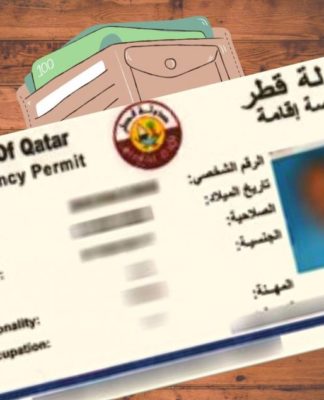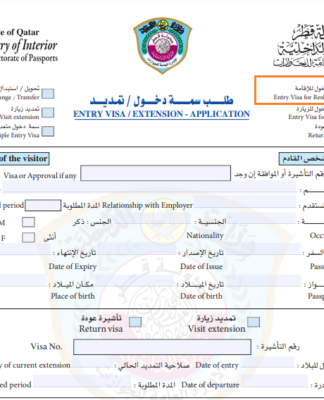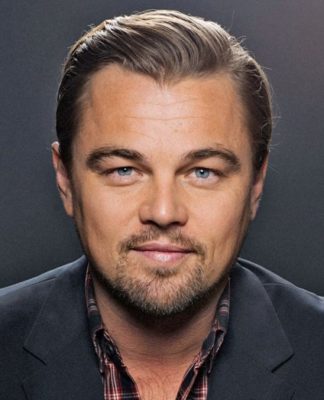POLITICSGERMANY
France and Germany seek to rekindle embattled alliance
Frank Hofmann
5 hours ago5 hours ago
The governments of France and Germany are meeting for consultations. What is expected is harmony on the outside and tough negotiations on the inside.
https://p.dw.com/p/4X8hk
60. Jubiläum des Élysée-Vertrags | Frankreich, Paris | Olaf Scholz und Emmanuel Macron,
Image: Michael Kappeler/dpa/picture alliance
The foreign ministries of Germany and France like to demonstrate their solidarity. After the coup in Niger, France helped evacuate German nationals from the African country. “Many thanks for this uncomplicated and pragmatic cooperation in times of crisis,” German Foreign Minister Annalena Baerbock wrote on X (formerly Twitter).
That Baerbock and her French counterpart Catherine Colonna are close is one of the well-rehearsed narratives between Berlin and Paris. But the unity of the two women in the foreign ministries is mainly symbolic. They don’t have the same clout: While the French foreign minister is also the minister for European affairs, Germany’s EU policies are controlled from the center of government: the chancellery. Baerbock has little say on EU matters.
Of course, ultimately, the starter button for the “Franco-German engine” in the European Union can be pushed only by French President Emmanuel Macron and German Chancellor Olaf Scholz. The most contentious issues are always negotiated at the top of government.
France, Germany celebrate 60 years of Elysee Treaty
02:20
Disputes over energy supply and defense
And the list of disagreements is growing longer, whileRussia’s war against Ukraine has only highlighted existing policy disagreements, particularly the questions of defense and how Europe’s energy supply is to be secured in the future.
Germany and France had plans to jointly develop key weapons systems by the middle of this century, including a battle tank to replace the French Leclerc and the German Leopard 2. But after Russia’s invasion of Ukraine last year, the order books for the Leopard began filling up, and interest in the joint project waned, at least among German manufacturers.
Nevertheless, German Defense Minister Boris Pistorius and his French counterpart Sébastien Lecornu sought to reboot the project last month: The two countries’ military leaders signed an agreement to jointly define the requirements for the new tank, meeting at the Evreux Air Base in northwestern France, the only unit where Germans and French work in mixed teams.
But trying to demonstrate unity between defense ministries may not be enough in this existential crisis in Europe, with the first full-scale war in the East since the end of World War II.
France and Germany disagree on “almost everything” when it comes to key political issues, Germany’s Economy Minister Robert Habeck said recently.
Losing prestige in eastern Europe
This goes far beyond the routine issues that have always existed in the Franco-German relationship. Franco-German compromises have after all always been necessary in the EU, as Parisian historian and German scholar Jacques-Pierre Gougeon of the French think tank IRIS (Institute for International and Strategic Relations) recently wrote.
Boris Pistorius and Sebastien Lecornu during a press conferenceBoris Pistorius and Sebastien Lecornu during a press conference
The two defense ministers demonstrated unity at their meeting in Evreux in SeptemberImage: Lou Benoist/AFP/Getty Images
“Against the backdrop of the war in Ukraine and its aftermath, tensions between the two countries are becoming all the more acute as Franco-German leadership within the European Union is being challenged by, among others, the Baltic states and Poland, whose prime minister even speaks of an oligarchy,” the IRIS research director wrote in a recent essay. And that criticism is justified, he adds: The Franco-German tandem has in the past “cultivated too much closeness to Russia.” That, he said, was why the EU had lost its prestige in Central and Eastern Europe.
At the same time, Germany is becoming “increasingly aware of its central position in Europe” and is “turning its gaze to the east,” Gougeon writes, pointing to the so-called Prague speech by German Chancellor Olaf Scholz, who said that the center of Europe will shift to the east with the possible expansion of the EU to include Ukraine and the Western Balkan states.
Pressure is growing, Gougeon concludes, for Berlin and Paris to redefine their relationship “without, however, weakening it.”
This article was originally written in German.
While you’re here: Every Tuesday, DW editors round up what is happening in German politics and society. You can sign up here for the weekly email newsletter Berlin Briefing.

















